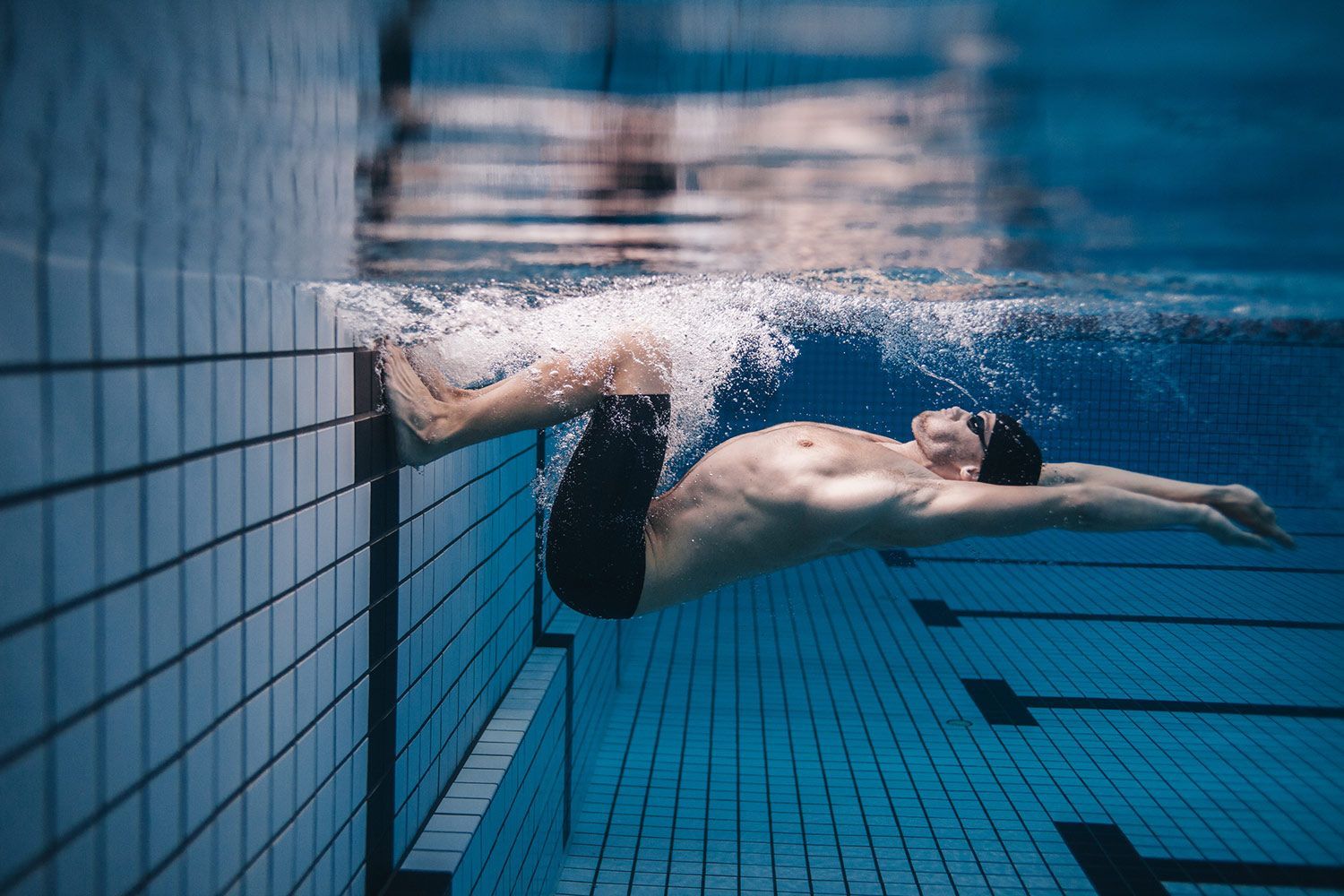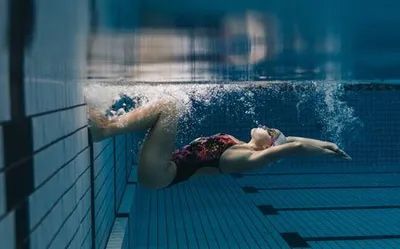Aquatic Cross-Training Done Right!
Aquatic cross-training is one of the many spin-offs resulting from the increased interest in water exercise and therapy. Although cross-training has been viewed as a way to help injured athletes recover their strength, many coaches and therapists are prescribing water exercises to condition their athletes and prevent sports injury.
Strength and flexibility are specific to the angle at which you work your muscles, and cross-training is good because it works the muscles at many different angles. The water's psychological effects are key. If you're going to exercise, you have many different activities to choose from. When you're out jogging, you have all of these environmental stresses working against you. A jogger running in the city has to deal with noise pollution, dodging dogs and cars, breathing in unhealthy fumes, and pounding the pavement at every step. This may impede the physiological response to exercise. A body of water induces a relaxation response in the mind. In a relaxed environment, the body more fully responds to exercise.
You Don't Need a Lot!
To involve athletes in this type of cross-training, coaches don't need any special aquatic equipment. Just get them in our warm, chest-deep water and have them start doing their sport. One martial arts expert had knee problems and began practicing his kicks in chest-deep water. In two months, the difference in flexibility was unbelievable. In the water, the flotation lets you practice the exact form of that kick. The buoyancy of the water helps you maintain the form. If you make the same movement every time you kick, the body memorizes it. After becoming accustomed to kicking underwater, he found that kicking on land feels practically effortless. In the water, you can learn to kick properly for long periods of time without exhausting yourself.
We are Leading the Way
Although aquatic training for sports conditioning is relatively new, rehabilitation programs have long utilized hydrotherapy. Therapists continue to refine their approach to aquatic exercise, taking advantage of the water's low gravity and high resistance to cross-train their patients into greater on-land capability. Aquatic therapy is very important in the initial phase of rehabilitation treatment. Due to the warmth and buoyancy of the water, therapists can do a lot more than they can on dry land. Using aquatic therapy initiates the rehabilitation process much sooner and accelerates healing.


